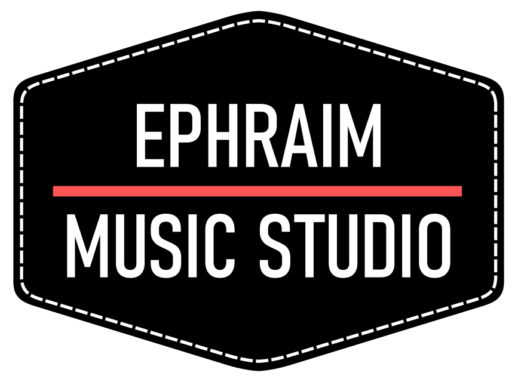OUR CURRICULUM
Check out what we teach!
We provide a rich musical experience utilizing the various genres significant to our nation’s history. We are not legalistic about this, however, it’s a huge focus and value for us. We hope to revitalize our community’s love for the USA so they can continue to make it a better place.
Take a look at the different tabs to understand more about how we teach your students! We believe in transparency and honesty so please feel free to reach out Lessons@EphraimMusicStudio.com if anything is alarming to you.
We chose a repertoire that is deep in the heart of our country’s rich history and culture. From Irish folk to jazz, from the blues to classical, and much more we what to instill an understanding and love for our country through the music our students learn. Here is a list of all the genres we teach through our unique and developing curriculum.
American Classical
European Classical
The Blues
Early Jazz
Irish Folk
American Folk
Negro Spirituals
American Christian Hymns
European Christian Hymns
Holiday Music (Predominantly Christmas)
We focus on teaching a strong foundation of knowledge to help our student succeed in every musical environment they find themselves in.
Here’s a quick look at the content we provide. They are in no particular order:
-
- All Major and Minor Scales
- All Major and Minor Chords and Arpeggios
- Improvising music (make it up as you go – used a lot in folk and jazz music)
- Composing music (writing your own songs)
- Reading and Interpreting music
- Quality practice habits
- Goal setting techniques
- Classical and Jazz theory
- Classical Technique
- A deep love and appreciation for accomplishing something from start to finish
- Live performance opportunities
These content areas are still in development
Our nation has an interesting blend of music coming from its complex history involving its sins and its virtues.
From slavery to the freedom of religion our nation has developed a beautiful mosaic from its scars and memories. Our nation is a nation of freedom and it’s important to teach all that the culture throughout the time it stood upon.
You may be wondering, “Why do you teach so much Christian music? Isn’t that narrowminded and bigoted?” No, it’s not. It’s specific to the history of our country. If you look at every small town and city shown in paintings and development plans from the early days of our country, a church was in the middle of each one. The music that set the slaves free was adopted from the Old Testament accounts of the Bible. These spirituals were sung as codes to communicate underground railroad routes to other slaves for escaping their bondage. Also, the majority of the music in our country came from the churches and from Christian colleges. Regardless of what people say about our country today, to ignore the strong influence of Christianity in our nation’s origins is to ignore music history.
Similarly, to ignore religious connections to European Literature is to ignore the most prolific compositions ever written in the world. Johann Sebastian Bach is the most studied and easily the most influential musician of all. Every great musician has recognized that music today wouldn’t be what it is if it weren’t for his compositional genius. This was only true because he wrote immense amounts of music for the church, as it was his profession. Bach was an avid Protestant which greatly impacted his drive and love of music.
Our goal is to make every student so self-sufficient that they won’t take lessons with us anymore.
We make self-teachers NOT self-learners. Learners are really good at receiving information and directions, but they don’t know how to synthesize and create. Teachers are forced to use their own knowledge to create, innovate, and learn new skills.
We do this through a mentorship technique called the Socratic method. Another way of putting it is we ask your kids questions, and we don’t bottle feed them the answers. Wrestling with the unknown induces creativity in all of us.
It’s vital to us as a studio that our students become critical thinkers and become problem solvers.
Repertoire Standards
Our repertoire was chosen under these following standards. Some standards are not fixed or hard lines. Those will be identified in the info below.
-
- Historical significance to the USA (There is no set standard of what is deemed as “significant” but has been assessed and approved by the instructor)
-
- Some music may be chosen that has little to no historical significance, as long as it meets the rest of our standards.
-
- Appropriate and family friendly
- Not directly going against the values and beliefs of Ephraim Music Studio (We also teach music that doesn’t support our values, as long as they are not destructive towards them.)
-
- For instance, if a song or piece of music is sexually explicit or has vulgar language, we will not utilize that piece because it does not uphold our Pro Family and Pro God beliefs as well as our current standards of Appropriate and Family Friendly
-
- Pedagogical relevance (Some music is chosen simply for the educational enrichment it provides as long as it does not dilute our values and beliefs.)
-
- For example, we chose the song “Lightly Row” which is a song used in several methods books around the world. We did light research on the song to see if it infringes on our values and at this current point, we have not found anything note worthy.
-
- Historical significance to the USA (There is no set standard of what is deemed as “significant” but has been assessed and approved by the instructor)
